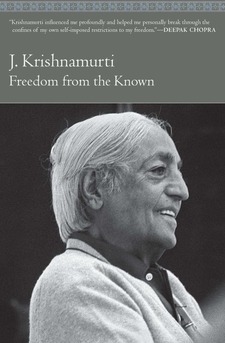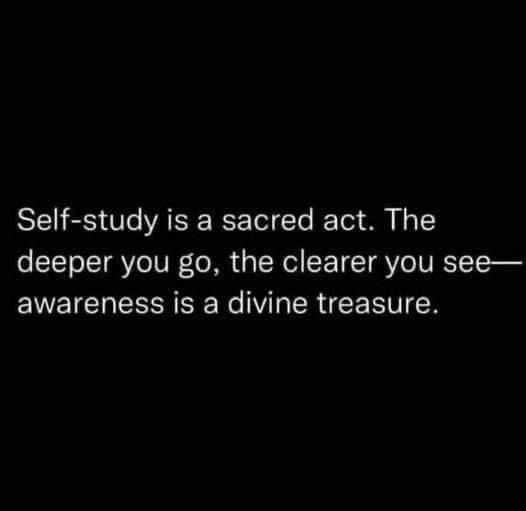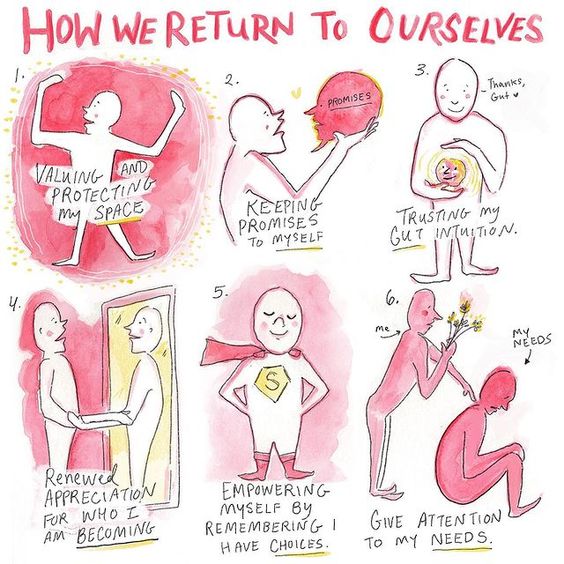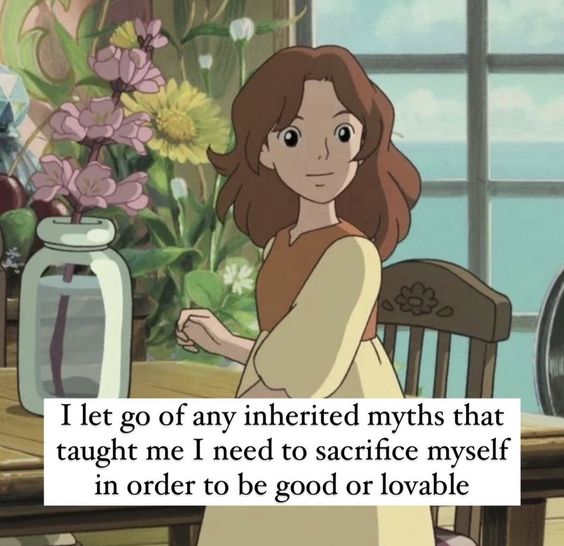“Human beings have always employed an enormous variety of clever devices for running away from themselves, and the modern world is particularly rich in such stratagems. We can keep ourselves so busy, fill our lives with so many diversions, stuff our heads with so much knowledge, involve ourselves with so many people and cover so much ground that we never have time to probe the fearful and wonderful world within. More often than not we don’t want to know ourselves, don’t want to depend on ourselves, don’t want to know ourselves, don’t want to depend on ourselves, don’t want to live with ourselves. By middle life most of us are accomplished fugitives from ourselves.”
John W. Gardner, Self-Renewal (Page 13)
“Misery has no outer cause; the cause is inner. You go on throwing the responsibility outside yourself, but that is just an excuse. Yes, misery is triggered from the outside, but the outside does not create it. When somebody insults you, the insult comes from the outside, but the anger is inside you. The anger is not caused by the insult, it is not the effect of the insult, If there were no anger energy in you, the insult would have remained impotent. It would have simply passed, and you would not have been disturbed by it.”
Osho, Everyday Osho (Page 175)
“This is an old trick which has existed from time immemorial—chewing a piece of leaf or experimenting with the latest chemical to bring about a temporary alteration in the structure of the brain cells, a greater sensitivity and heightened perception which give a semblance of reality. This demand for more and more experiences shows the inward poverty of man. We think that through experiences we can escape from ourselves but these experiences are conditioned by what we are. If the mind is petty, jealous, anxious, it may take the very latest form of drug but it will still see only its own little creation, its own little projections from its own conditioned background.”
J. Krishnamurti, Freedom From The Known (Page 111)
“It is only when you live with something intimately that you begin to understand it. But the moment you get used to it—get used to your own anxiety or envy or whatever it is—you are no longer living with it. If you live by a river, after a few days you do not hear the sound of the water anymore, or if you have a picture in the room which you see every day you lose it after a week. It is the same with the mountains, the valleys, the trees—the same with your family, your husband, your wife. But to live with something like jealousy, envy or anxiety you must never get used to it, never accept it. You must care for it as you would care for a newly planted tree, protect it against the sun, against the storm. You must care for it, not condemn it or justify it.”
J. Krishnamurti, Freedom From The Known (Page 70)
“One must become poor inwardly for then there is no seeking, no asking, no desire, no—nothing! It is only this inward poverty that can see the truth of a life in which there is no conflict at all. Such a life is a benediction not to be found in any church or any temple.”
J. Krishnamurti, Freedom From The Known (Page 60)
“To learn, to discover something fundamental you must have the capacity to go deeply. If you have a blunt instrument, a dull instrument, you cannot go deeply. So what we are doing is sharpening the instrument, which is the mind—the mind which has been made dull by all this justifying and condemning. You can penetrate deeply only if your mind is as sharp as a needle and as strong as a diamond.”
J. Krishnamurti, Freedom From The Known (Page 54)
“One of the functions of thought is to be occupied all the time with something. Most of us want to have our minds continually occupied so that we are prevented from seeing ourselves as we actually are. We are afraid to be empty. We are afraid to look at our fears.”
J. Krishnamurti, Freedom From The Known (Page 44)
“I do not demand your faith; I am not setting myself up as an authority. I have nothing to teach you—no new philosophy, no new system, no new path to reality; there is no path to reality any more than to truth. All authority of any kind, especially in the field of thought and understanding, is the most destructive, evil thing. Leaders destroy the followers and followers destroy the leaders. You have to be your own teacher and your own disciple. You have to question everything that man has accepted as valuable, as necessary.”
J. Krishnamurti, Freedom From The Known (Page 21)
“To understand ourselves needs no authority either of yesterday or of a thousand years because we are living things, always moving, flowing, never resting. When we look at ourselves with the dead authority of yesterday we will fail to understand the living movement and the beauty and quality of that movement.”
J. Krishnamurti, Freedom From The Known (Page 19)
“A man who says, ‘I want to change, tell me how to’, seems very earnest, very serious, but he is not. He wants an authority whom he hopes will bring about order in himself. But can authority ever bring about inward order? Order imposed from without must always breed disorder.”
J. Krishnamurti, Freedom From The Known (Page 17)
“In trying to conform to [an] ideology, you suppress yourself—whereas what is actually true is not the ideology but what you are. If you try to study yourself according to another you will always remain a secondhand human being.”
J. Krishnamurti, Freedom From The Known (Page 17)
“What is important is not a philosophy of life but to observe what is actually taking place in our daily life, inwardly and outwardly.”
J. Krishnamurti, Freedom From The Known (Page 16)
“The question of whether or not there is a God or truth or reality, or whatever you like to call it, can never be answered by books, by priests, philosophers or saviours. Nobody and nothing can answer the question but you yourself and that is why you must know yourself. Immaturity lies only in total ignorance of self. To understand yourself is the beginning of wisdom.”
J. Krishnamurti, Freedom From The Known (Page 12)
Freedom from the Known [Book]

Book Overview: In this classic work, Krishnamurti shows how you can free yourself from the tyranny of the expected. You are free to create your own future, and your departure from the confining expectations of ‘fate’ can be radical and immediate—no matter what your age. By changing yourself, you can change your relationships with others, consequently improving the whole structure of society. The vital need for change and the recognition of its very possibility constitute the rich essence of Krishnamurti’s message in Freedom from the Known.
Post(s) Inspired by this Book:
“It can be very difficult to have one’s own space. But unless you have your own space, you will never become acquainted with your own being. You will never come to know who you are. Always engaged, always occupied in a thousand and one things—in relationships, in worldly affairs, anxieties, plans, future, past—one continuously lives on the surface. If you love yourself deeply and go down into yourself, you will be ready to love others even more deeply, because one who does not know oneself cannot love very deeply.”
Osho, Everyday Osho (Page 153)




